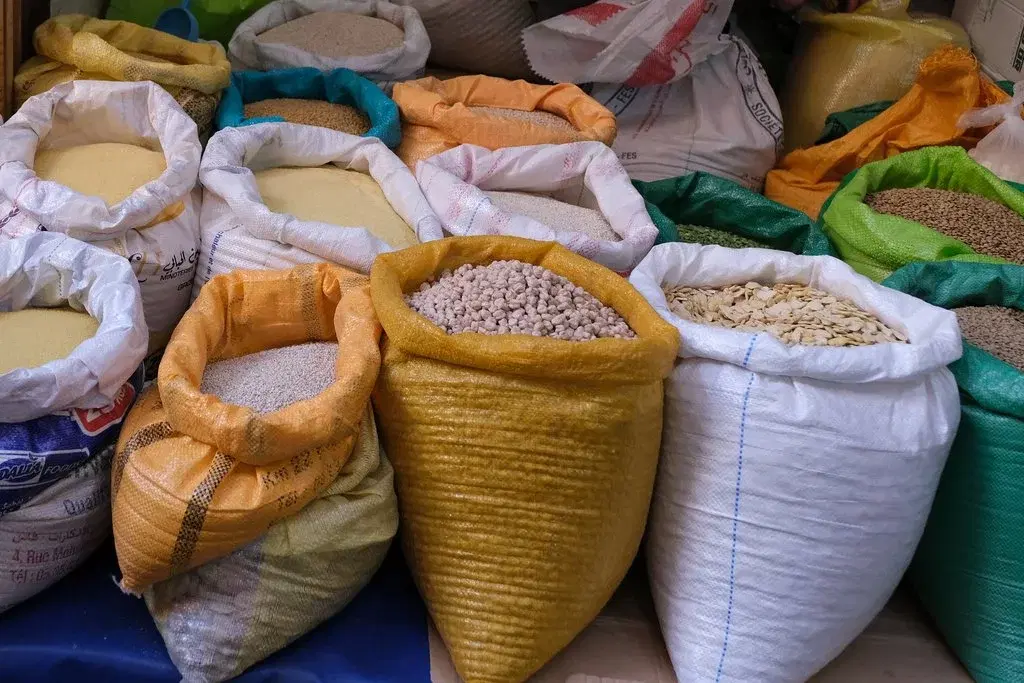Now Reading: Baby Food Prices Soar to ₦50,000: Nigerian Mothers Turn to Local Cereals to Feed Infants
-
01
Baby Food Prices Soar to ₦50,000: Nigerian Mothers Turn to Local Cereals to Feed Infants
Baby Food Prices Soar to ₦50,000: Nigerian Mothers Turn to Local Cereals to Feed Infants

Rising inflation and a biting economic downturn are forcing Nigerian mothers to return to traditional baby-feeding methods, relying on homemade cereals and local foods as the cost of factory-produced baby food skyrockets.
Once a symbol of modern parenting, imported baby food brands have now become a luxury. A market survey shows that a single tin of baby cereal costs between ₦20,000 and ₦50,000, depending on the brand—an amount many families can no longer afford.
The shift marks a quiet but significant return to the feeding culture of the 1960s, when most Nigerian mothers prepared natural meals like pap (corn meal), yam porridge, and banana puree for their babies after months of breastfeeding.
For many mothers, survival has replaced convenience.
“I make semolina paste, add milk and salt to feed my four-month-old baby,” said Mrs. Doris Erabor, a factory worker and nursing mother. “I couldn’t afford the baby food anymore. A friend introduced me to semovita and milk, and it’s been a huge relief.”
Health experts have long emphasized the importance of exclusive breastfeeding and nutritious local alternatives, warning against dependence on imported baby foods. However, for career mothers and those balancing work and childcare, factory-processed baby food had remained the preferred option—until prices began to soar.
Homemade baby meals are now making a strong comeback. Many mothers are using ingredients such as rice, potatoes, banana puree, amala and ewedu, and fortified pap to provide affordable nutrition for their infants.
“The pap wasn’t helping at first,” Mrs. Erabor added, “but with a little creativity, I found what works. My baby is seven months old now and doing fine.”
The rising cost of living in Nigeria has made raising a child increasingly expensive. From delivery and diapers to clothing and feeding, the total cost now rivals the price of land in some parts of the country.
For countless families, adapting to traditional methods is not nostalgia—it’s survival.



